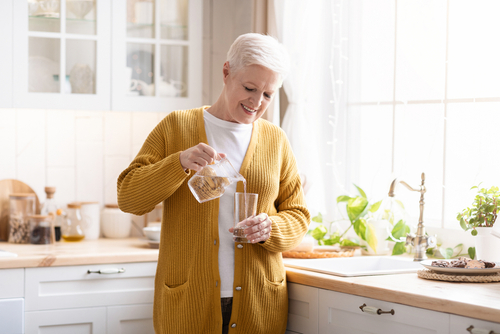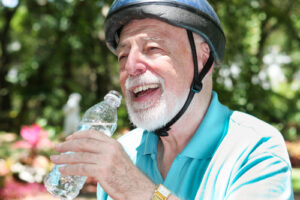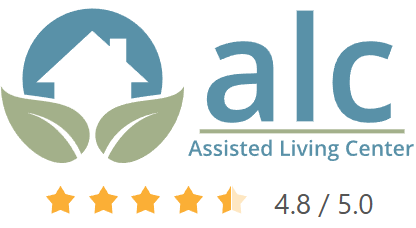Staying hydrated is crucial for everyone, but it’s particularly important for older adults. As we grow older, our bodies don’t hold onto water as well, and we might not feel thirsty even when we need to drink. This can easily lead to dehydration, affecting overall health and how well our bodies function.
Professionals experienced in senior care in Westwood are already aware of this, but as an elderly person or someone who cares for one, you should know all about this topic as well. This blog explores the importance of hydration for seniors, highlighting the potential risks of not drinking enough water and offering insights on how to maintain adequate hydration for better health.
Why is hydration so important for seniors?

Hydration is vital for the elderly because water helps the body in many essential ways. It regulates body temperature, keeps blood circulation healthy, and helps the kidneys work properly by flushing out waste. Without enough water, these functions can be compromised, particularly in older adults whose systems are already facing the normal challenges of aging.
Water is also crucial for maintaining brain health. Dehydration can lead to confusion, difficulty concentrating, and forgetfulness, which are particularly concerning for the elderly. Proper hydration supports cognitive function, helping to keep the mind clear and alert.
Additionally, water facilitates digestion, preventing problems like constipation by helping to move food through the intestinal tract smoothly. For the elderly with joint issues such as arthritis, staying hydrated helps keep the joints lubricated, which can ease pain and aid mobility.
Furthermore, adequate hydration supports the skin’s elasticity and overall health, which is important as the skin becomes more susceptible to dryness and irritation with age. Proper hydration can also help manage weight, as it helps regulate appetite and boosts metabolism, which often slows down in older adults.
What happens when seniors don’t drink enough water?
Not drinking enough water can lead to serious health issues for the elderly. Dehydration can quickly affect both the mind and body, leading to noticeable symptoms and health risks.
On the mental side, a lack of adequate hydration can cause confusion and extreme tiredness and sleepiness, making it difficult for the elderly to perform daily activities safely. This can increase the risk of falls and injuries, which are particularly dangerous for older individuals.
Physically, not getting enough water can strain the kidneys, which are responsible for filtering out harmful substances from the blood. Over time, this can lead to kidney stones or severe kidney problems. Dehydration also thickens the blood, making it harder for the heart to pump, potentially leading to an increased risk of heart conditions like high blood pressure or even a stroke.
Moreover, a dehydrated body is more susceptible to various infections, such as urinary tract infections, because the immune system’s function is weakened. During hot weather or physical activity, the risk of acute dehydration increases, possibly leading to heat exhaustion or severe hypotension (low blood pressure), which are emergency conditions in the elderly. Chronic dehydration can also contribute to respiratory problems, as the airways become less efficient at managing mucus.
How do I find dependable senior care in Westwood and the surrounding area?

A Better Way In Home Care is here to connect you with experienced and reliable caregivers who can help your elderly loved one in their own home. The professionals we match you with are trained to encourage regular drinking habits and to spot the early signs of dehydration. In addition to this, you can rely on them for everything related to elderly assistance, from medication and dietary supplement reminders to help with personal grooming.
Our service area is wide, from the homes around the Fowler Museum to those in other parts of Westwood and beyond. If you or your loved one needs thoughtful, attentive professionals to help make daily life easier, reach out to us today.








